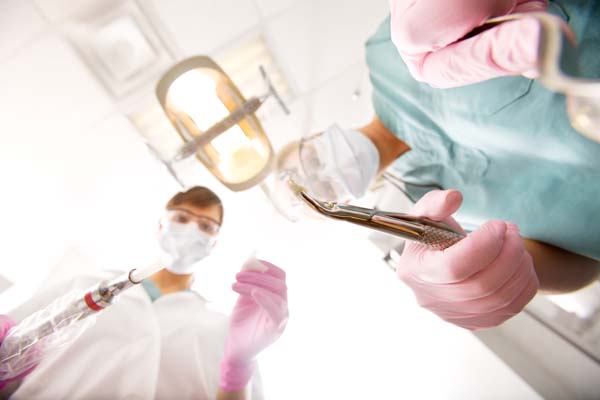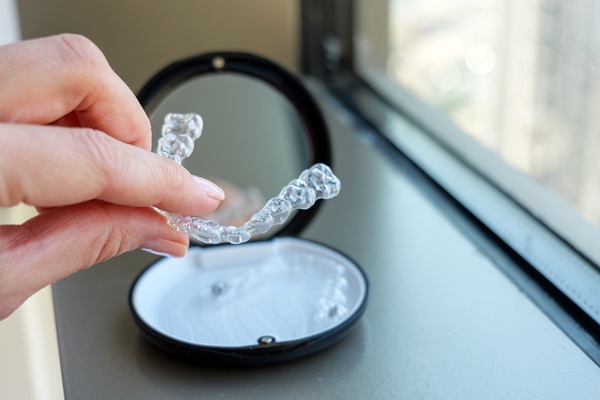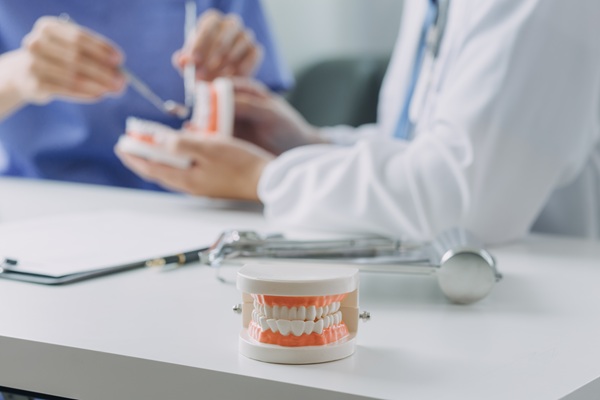What to Avoid after a Tooth Extraction
is a procedure done to remove a damaged or potentially problematic tooth. Like every dental procedure, the wound created by the extraction process heals over time with proper care. The dentist will provide the necessary aftercare instructions to follow.
What to avoid
Aside from using the recommended medications and resting adequately, there are certain things to avoid after the treatment is over to ensure a quick recovery.
Avoid brushing around the area
It is important not to brush around the extraction site for at least two to three days after the procedure. This will help the wound heal. Brushing around the area may disturb the blood clot in the spot, causing bleeding and infection. Pain and irritation may also occur due to brushing. It is advisable to rinse with salt water instead.
Avoid hot water compress
Following the tooth extraction, pain and inflammation may occur around the area. Pain relieves, and antibiotics can be used based on the dentist’s instructions, but applying a hot compress on the area is not recommended. Rinsing with mildly cold water is good but spitting or rigorous rinsing should be avoided for at least two days.
Avoid taking alcohol
Patients should avoid taking alcohol or any alcoholic beverage immediately after the tooth extraction procedure. Consuming alcohol can potentially dislodge the clot that forms around the extraction point, which can compromise the healing process. Also, smoking and tobacco use should be avoided. The chemicals in the tobacco can affect the clot and cause a condition known as dry socket.
Foods to avoid
Patients should avoid eating solid foods immediately after the procedure. While the mouth is still numb, it is advisable not to chew. One can resume solid foods when feelings return. It is better to stick to liquid foods such as yogurts, milkshakes, smoothies, soups and mashed potatoes. Soon after the tooth extraction treatment, some foods and beverages should be avoided for healing sake. They include hot drinks, spicy foods, hard, crunchy or munchy foods (popcorn, chips and nuts), as well as foods with a sharp or tangy taste.
Avoid Aspirin
Aspirin should never be used for pain (ibuprofen is usable). Aspirin is a blood thinner that can delay the formation of a clot, thus delaying healing. Patients should the medications prescribed by the dentist and consult the same before using any other drug.
Avoid using straws or sucking
The use of straws when drinking or sipping is unadvisable after tooth extraction. The suctioning effect can open the wound and cause significant discomfort.
Avoid poking into the gap
In the first few days after the procedure, having a gap between the teeth might seem strange. Avoid poking the area with the tongue or toothpick as that may disrupt healing, cause bleeding and may even cause a dry socket.
In conclusion
The above points are what you need to avoid after the tooth extraction procedure. If you experience complications or have additional questions, be sure to reach out to the general dentist for help.
Request an appointment here: https://draperfamilydentist.com or call Draper Parkway Dental at (801) 252-4439 for an appointment in our Draper office.
Check out what others are saying about our dental services on Yelp: .
Recent Posts
While dentists strive to save natural teeth whenever possible, certain situations may require tooth extraction to preserve oral health. When severe damage, decay, infection, or other oral health issues threaten the health of your smile, an extraction can save it. It is important patients recognize the signs of trouble and seek treatment promptly.Extensive tooth decay…
Various situations exist where a dentist would recommend tooth extraction. Specific symptoms present themselves to let you know it might be a possibility. A dentist will confirm that a tooth extraction is the way to go. If you know what to look for, you will be able to tell when you need to visit your…
Tooth extraction is a relatively common procedure as teeth become decayed, which results in a need for removal. Many people who are living with problematic teeth automatically assume that these teeth need to be extracted from the mouth, however, sometimes they can be salvaged by a general dentist. It is good to know when a…
In most serious situations, an emergency dentist is the right person to turn to for your oral health. Ignoring a dental emergency can have drastic effects on your overall wellness. Thankfully, a dentist practicing emergency care will have the knowledge and training to restore your smile and the function of your mouth. In cases where…


